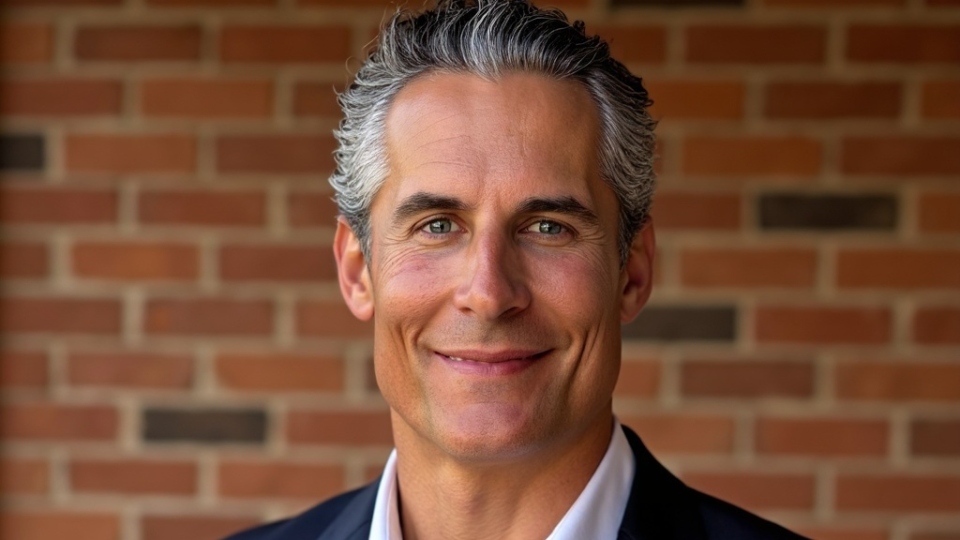
MSPs must build a cloud offering that caters to the increasingly mature requirements of UK businesses, says Nine23 CEO Stephen Jewell, talking to IT Europa ahead of its upcoming High Growth 50: Cloud report. Here, he explains how the company has driven growth by meeting the most stringent regulatory compliance demands of mission-critical UK operators.
Geo-political uncertainty has added fuel to the already healthy fire of UK-wide cloud reconsideration, according to Jewell. He highlighted a more measured approach from customers characterised by increased understanding of security and compliance, with many moving away from public cloud to seek sovereign solutions.
“The global uncertainty seen over the last 18 months has influenced all aspects of IT services, not least the increasing awareness and demand for sovereign services and desire to defend against the acceleration in sophisticated cyber-attacks,” he said. “Now, more customers are questioning the true cost and benefit of cloud adoption and there is an increasing maturity in the customer’s focus on outcomes, data and interoperability.”
To quantify this mindset, research from consultancy firm Illuminas from May 2025 reported that 69% of 200 surveyed IT decision makers are "very" or "extremely" concerned about public cloud compliance, and security is cited as the leading driver for workload repatriation from public cloud.
Nine23 is at the coalface of this change as an MSP delivering Private, Sovereign cloud services to organisations including HM Treasury, UK Police Forces, The Security Industry Association, the Financial Conduct Authority and defence suppliers working with the UK’s Ministry of Defence.
Jewell noted: “In the high assurance sectors we operate, there is an increasing awareness in data sovereignty, not residency, with some recent cases identified in the media such as Police Scotland challenging Microsoft, and EU challenges to public cloud providers.”
To combat this Jewell moved Nine23 towards true UK sovereignty across its entire technology stack, from physical hosting and network connectivity to managed service delivery. He said: “Our solutions are built to meet the most stringent regulatory compliance requirements and are fully aligned with NCSC/DSIT guidance and Secure by Design principles.”
To deliver this, Nine23 has a strategic partnership agreement with Pulsant and Nutanix which enables it to deliver a set of solutions on the provider’s fully UK sovereign, accredited, compliant stack. Over 80% of Nine23’s revenue comes from the delivery of managed services that relate to cloud, and over the next two years, the company expects to see circa £2m additional revenues, in the order of 50% growth, from Sovereign, Private and Hybrid cloud services.
Jewell highlighted that shifting to sovereign cloud provision comes with two key challenges that MSPs must find ways to navigate. The first sits around the continues skills gap. He said: “Finding individuals with, or that can achieve, Security Clearance can be difficult, particularly when competing with commercial organisations that do not require the same levels of vetting.
“Finding talent with hybrid skills, such as knowledge of infrastructure, is increasingly difficult as more individuals are focused entirely on public cloud services.” This is set in the context of IDC predictions that estimate 90% of organisations will experience an IT skills shortage by 2026.
Nine23’s approach is to train and develop good infrastructure engineers in cloud services, but Jewell confesses retention could be a challenge in the future if the demand for cloud skills continues to increase.
The second potential pitfall highlighted by Jewell was from a tooling perspective. Jewell said: “Many of our clients are finding it increasingly difficult to find tools that can be used off-line, where needed for high assurance work, as the tools continue to migrate to cloud native services.”
Within Nine23’s typical customer base, Jewell notes that cybersecurity concerns aren’t the only factor driving a reset in cloud thinking, pointing to overriding financial concerns. He said: “Bill-shock came as workloads increased, data volumes continued to grow, and user behaviours impacted the actual costs of migration. Particularly in the public sector, the predictability of such costs against annual budgets is a challenge.” He also cited the currently unpredictable and continuing price increases in hardware and software.
The best step forward for MSPs is to take a hybrid cloud approach, but Jewell warns against MSPs, under pressure from customers, forcing a second cloud gold rush. He said: “Whilst it is clear that cloud adoption is a significant and positive transition, as with most technological advances, it is not a panacea for every digital project. Noting that the full benefits of cloud most often require transformation and transition, not just migration.
“As with many things, good planning, design and structured foundations are essential to achieving the right outcomes and truly exploiting the benefits of cloud, multi-cloud and hybrid environments.
“The trends we have discussed, alongside clear planning, have influenced Nine23’s hybrid cloud approach in which we have invested in the development of our sovereign private cloud (FLEX), our partnership with Pulsant and the integration with public cloud services and connected data.”



